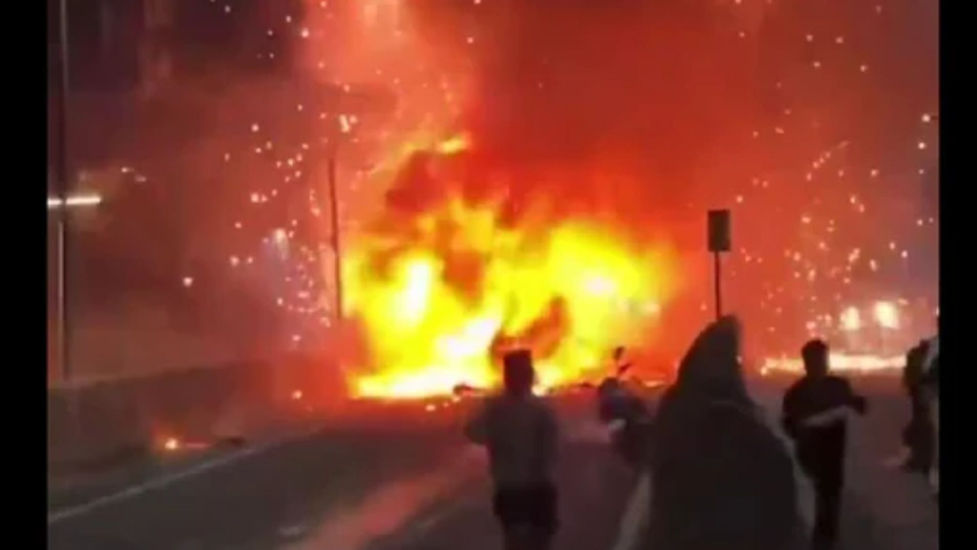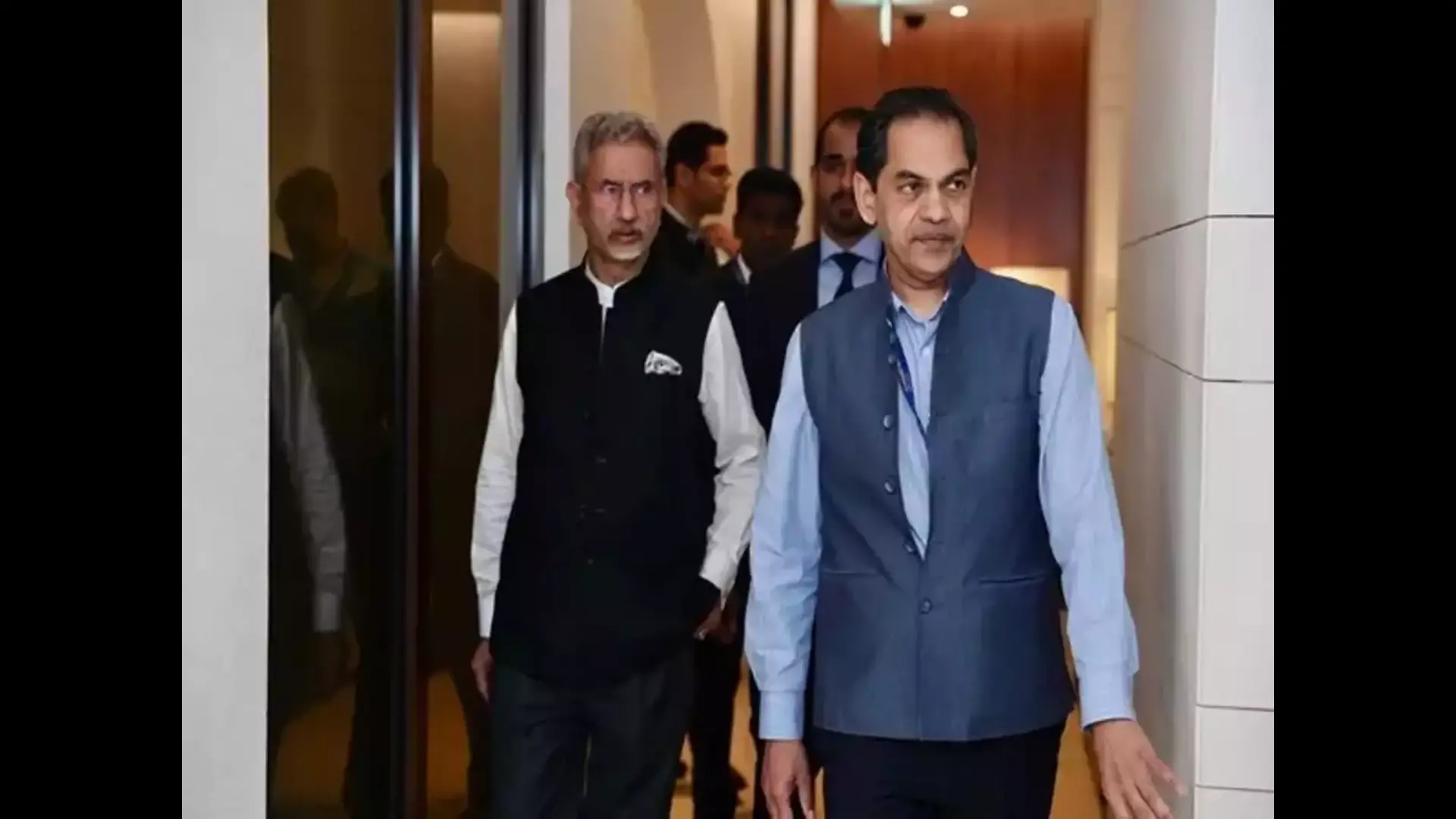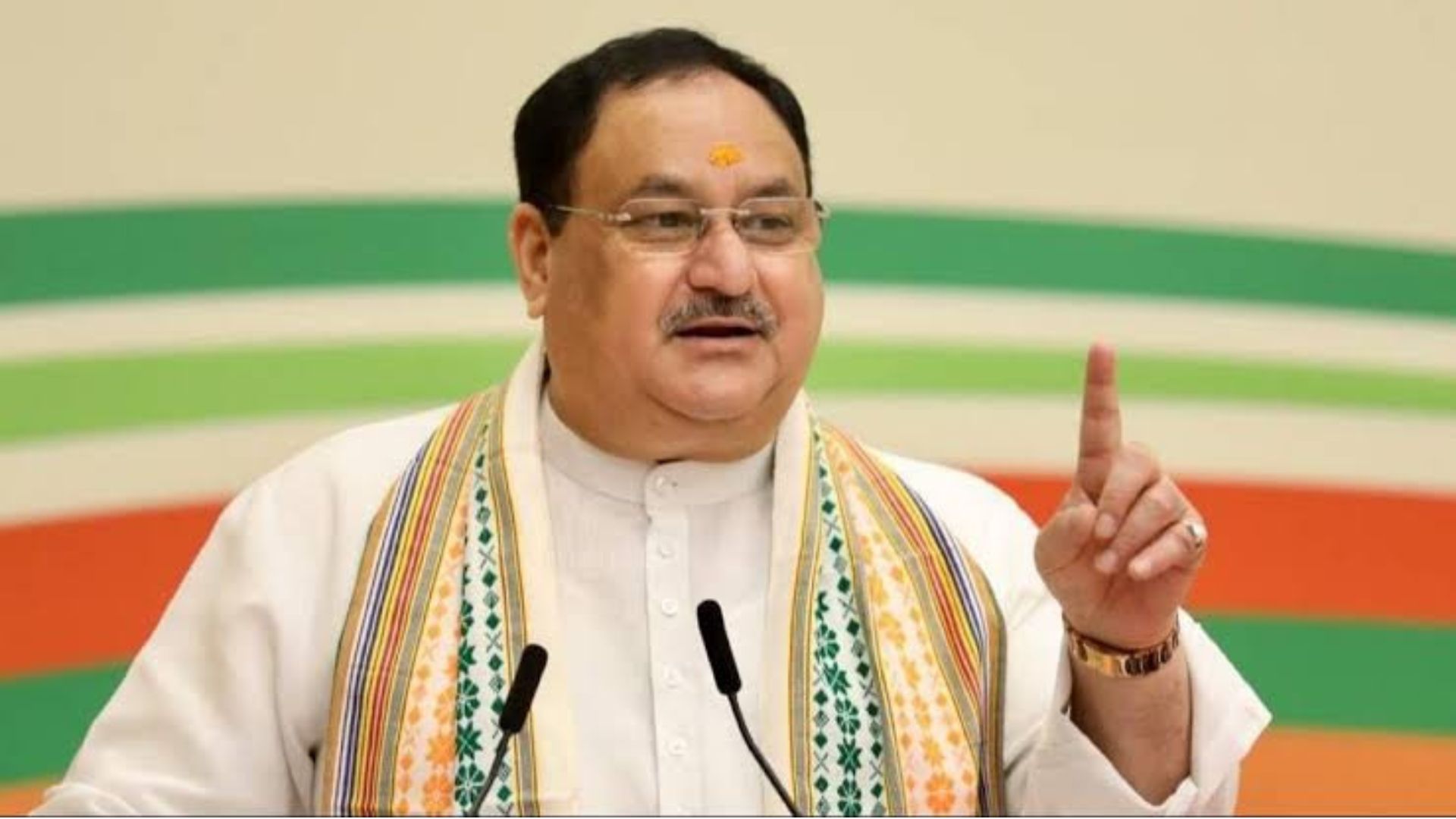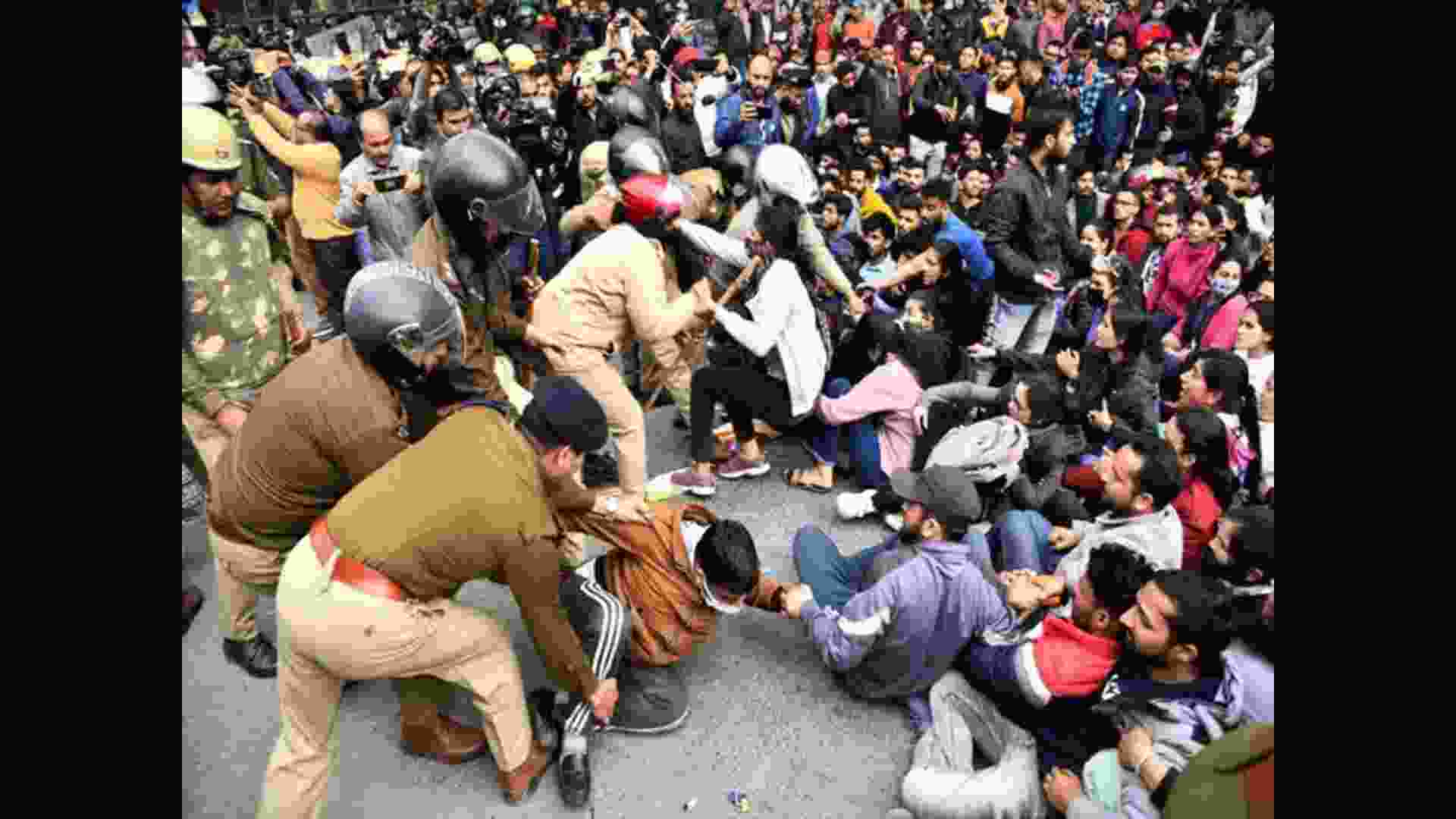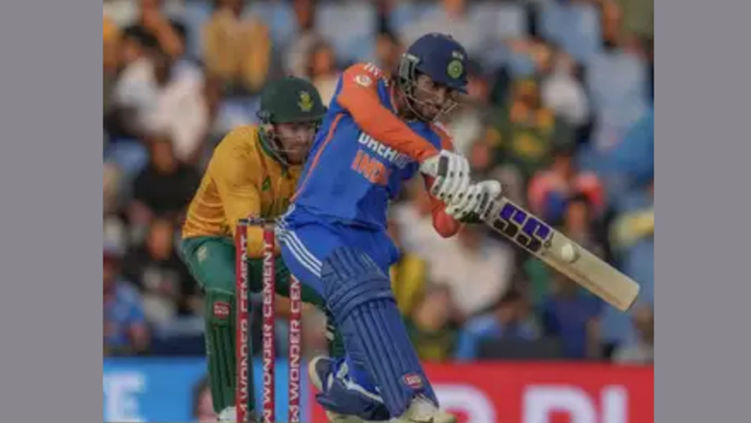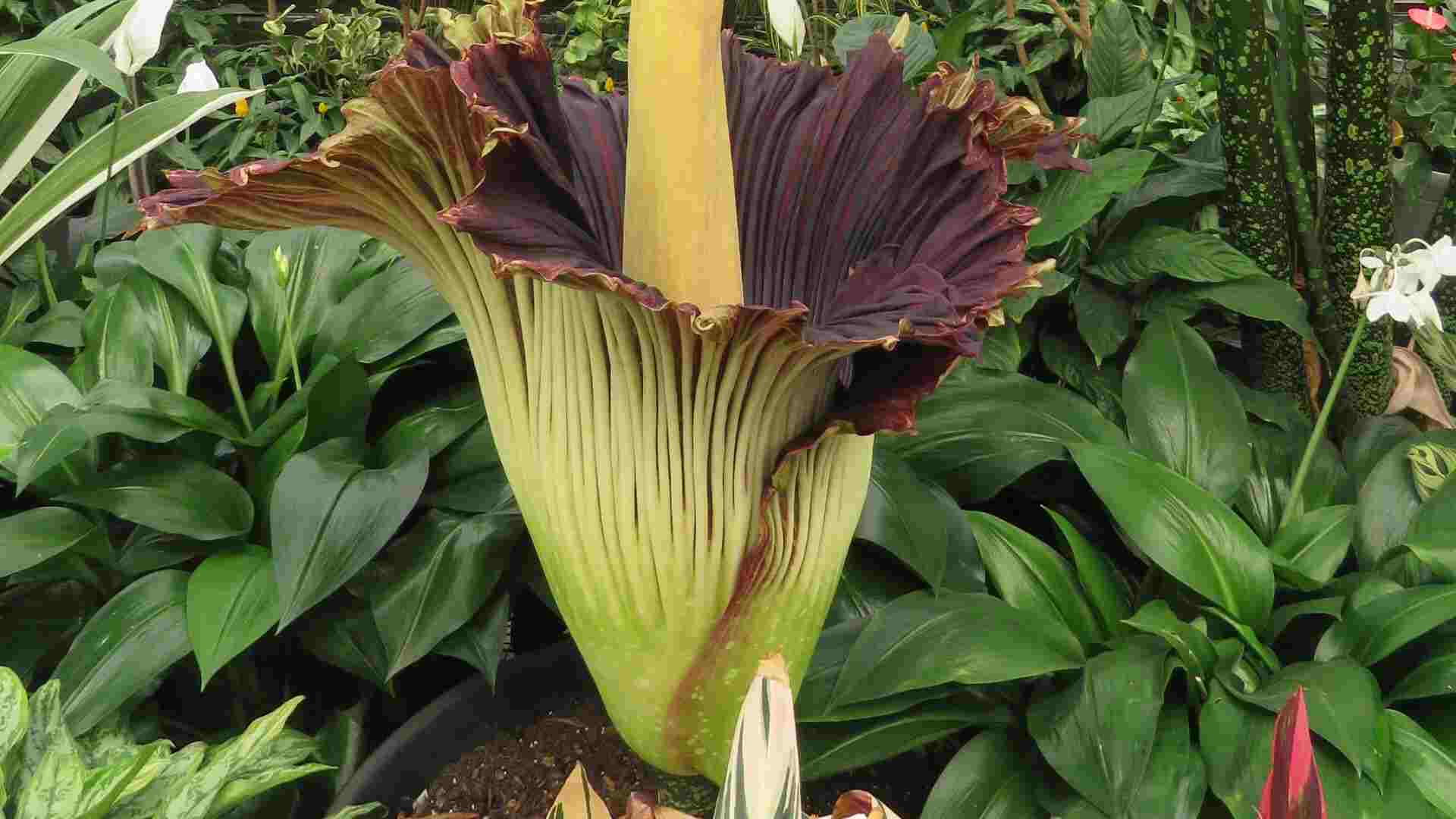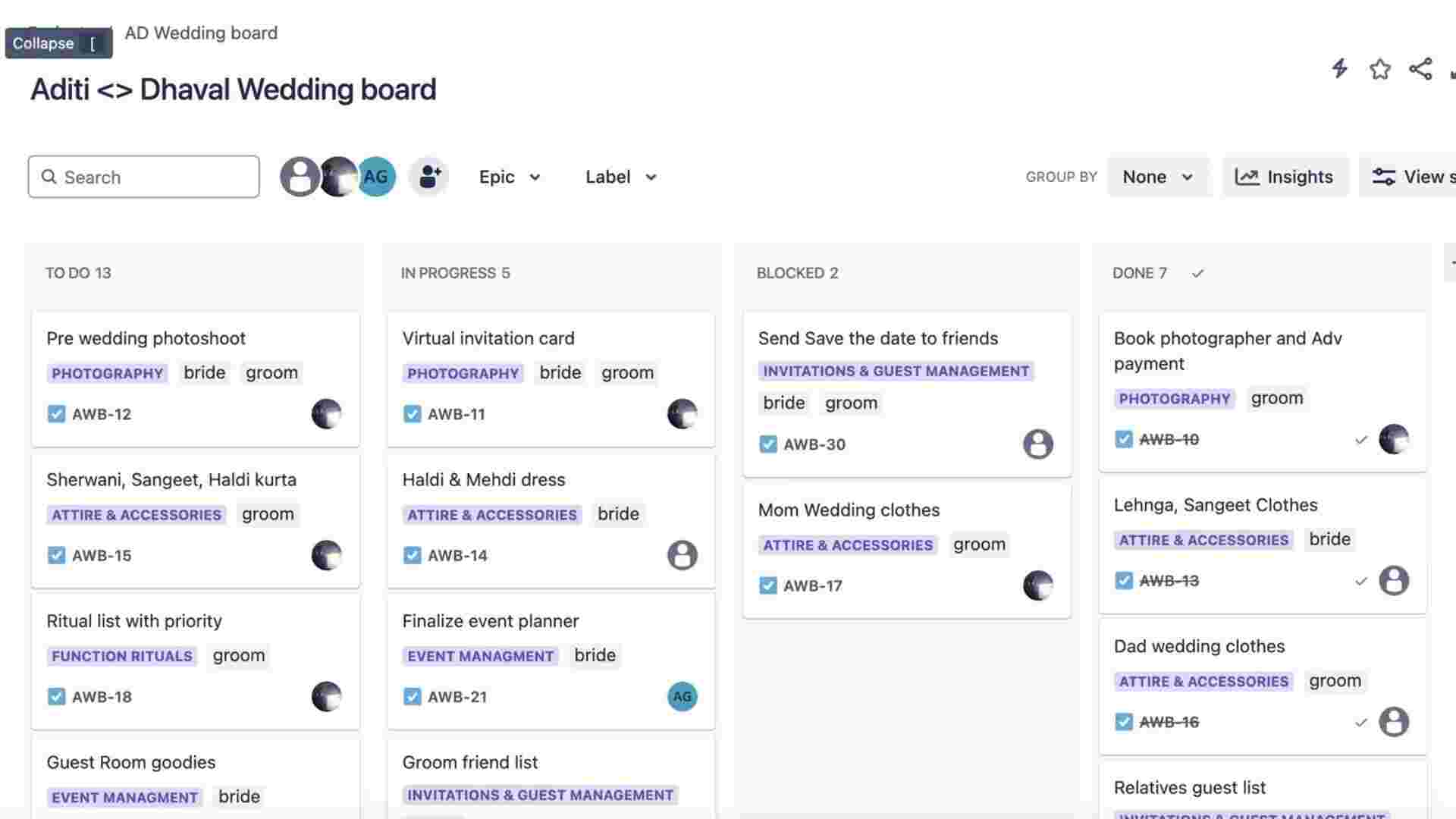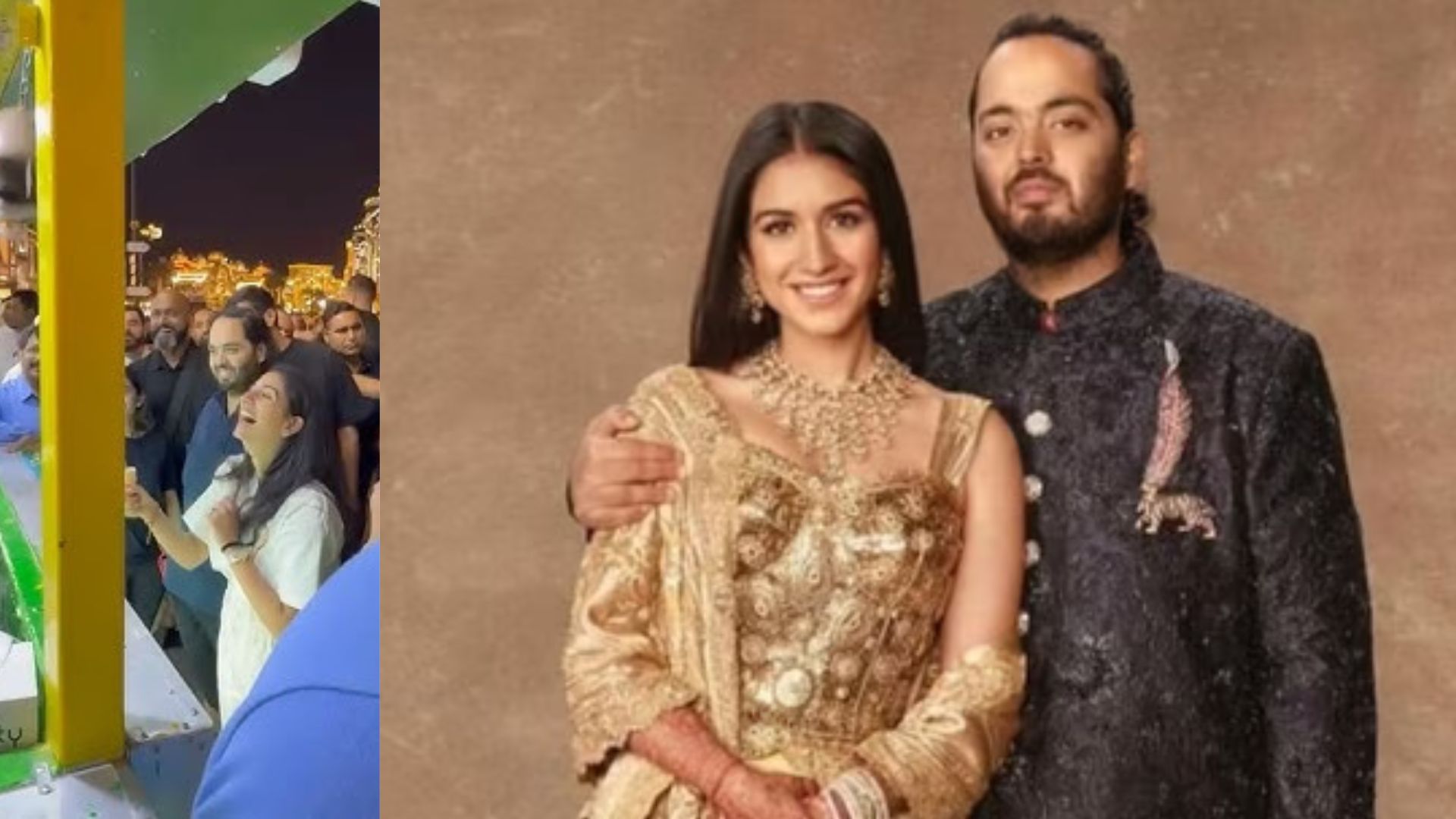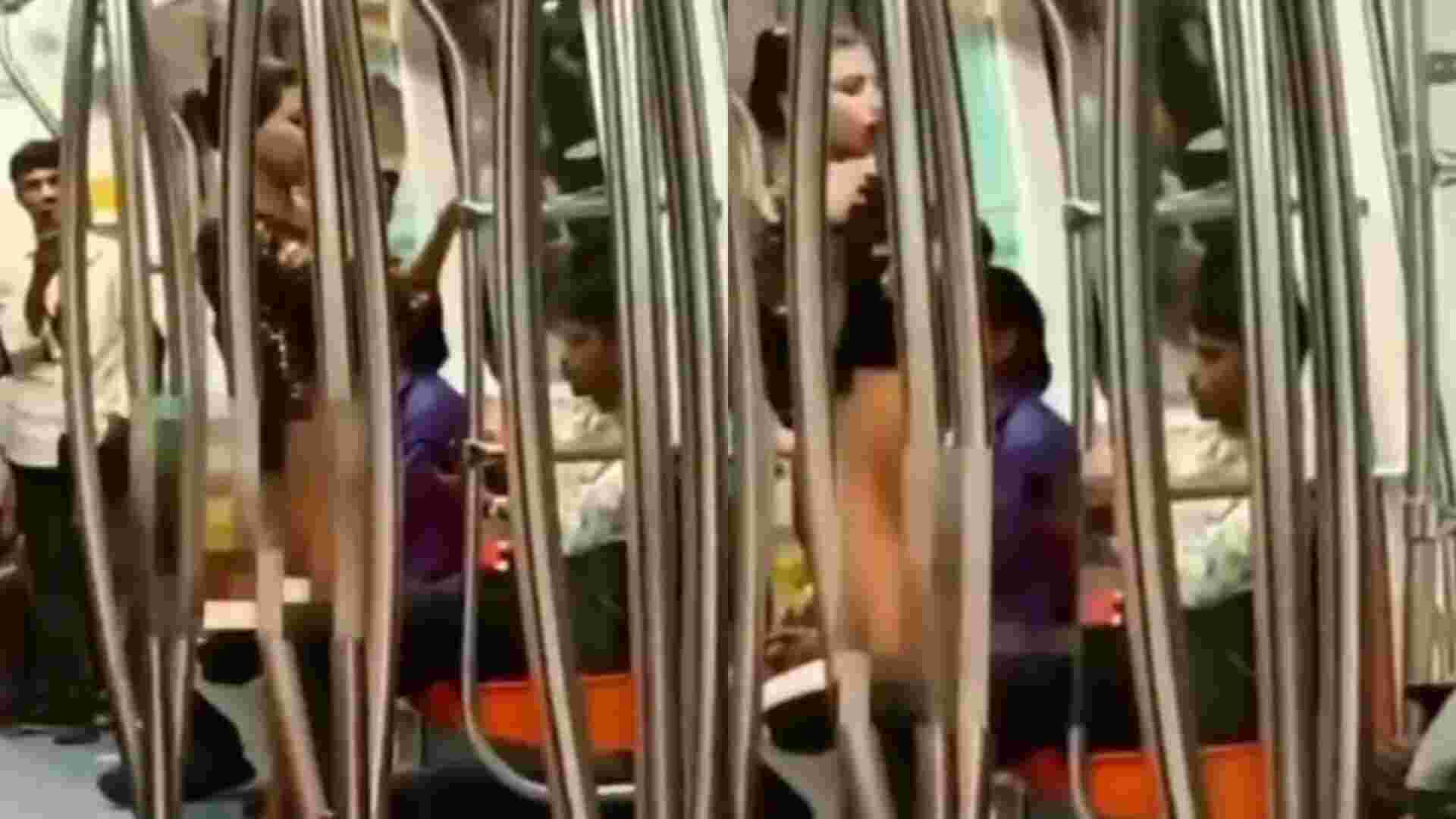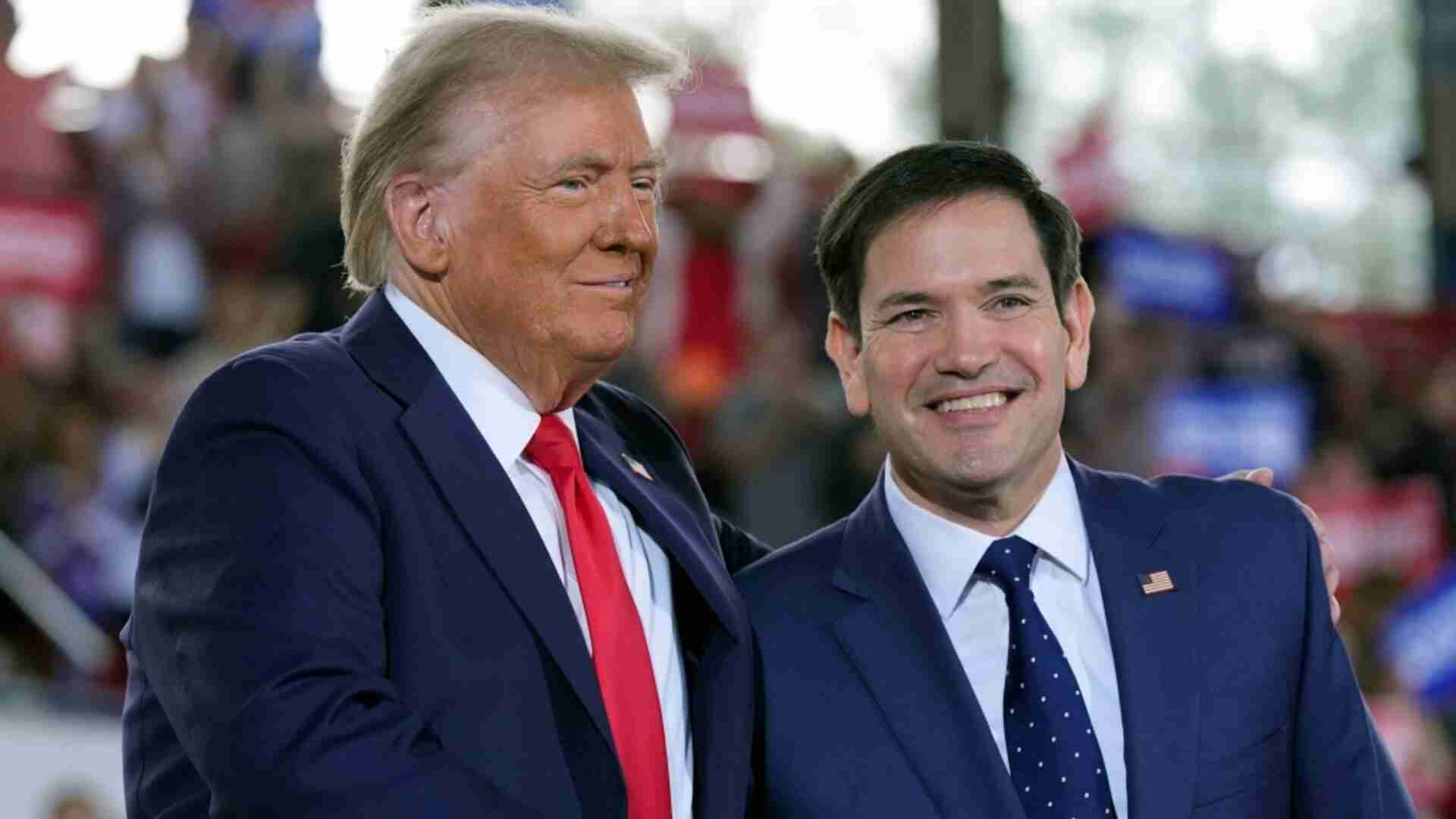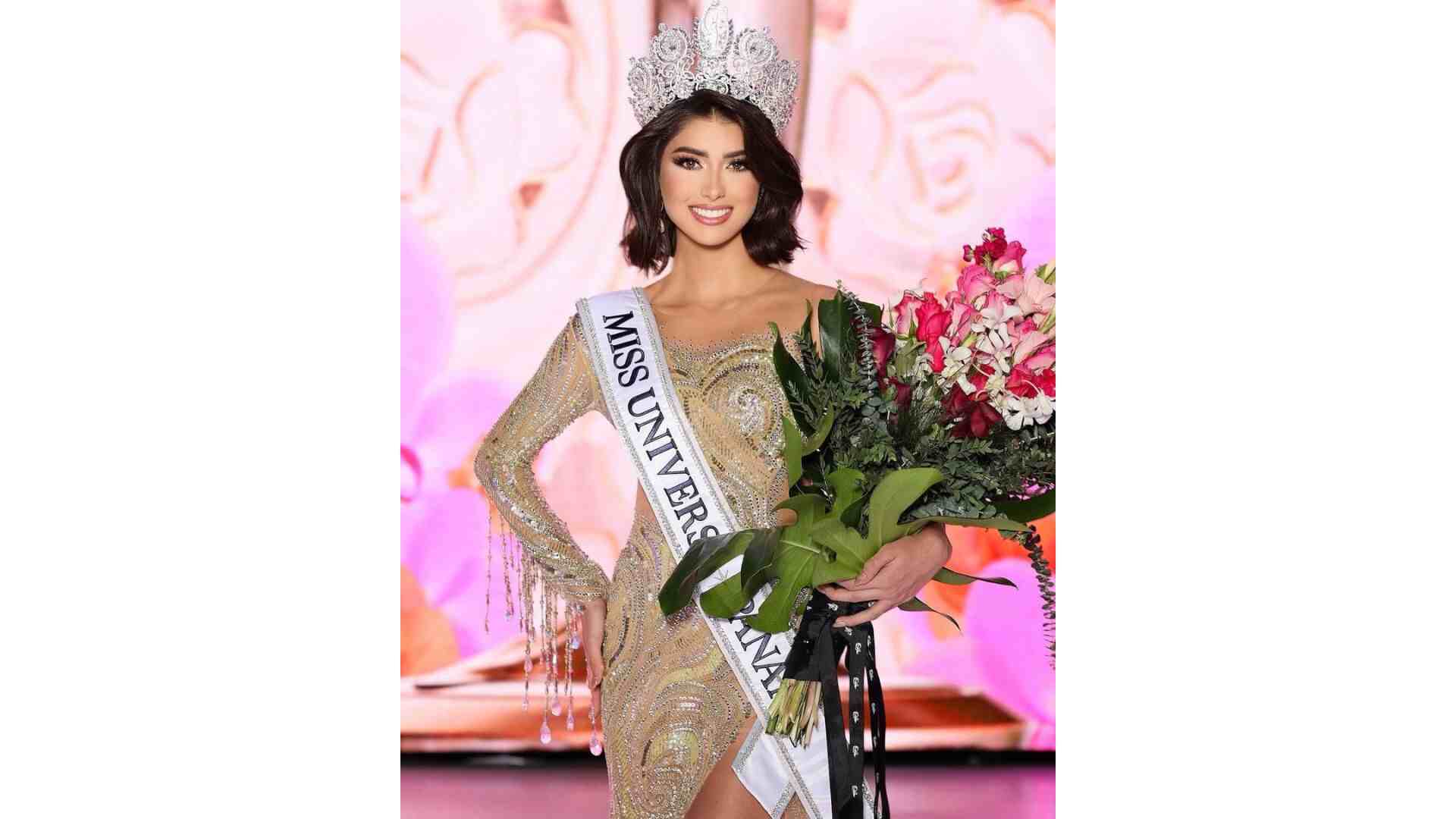
The Chenab Valley is set for a fiercely contested election as it heads to the polls in the first phase of the Jammu and Kashmir Assembly elections on September 18. The National Conference (NC)-Congress alliance is hoping to gain an advantage after the Democratic Progressive Azad Party (DPAP) leaders withdrew from the contest in four key seats. Meanwhile, the Bharatiya Janata Party (BJP) and the People’s Democratic Party (PDP) are making a strong push to secure their positions.
Eight assembly segments in Doda, Kishtwar, and Ramban, along with 16 seats across the four districts of South Kashmir—Anantnag, Pulwama, Shopian, and Kulgam—are set to vote in the first of three phases. A total of 219 candidates are contesting in this phase, with 64 of them vying for the seats in Chenab Valley. Among the 64 candidates, there are seven former ministers, four women, and 25 independents.
In the Chenab Valley, the constituencies include Bhaderwah, Doda, Inderwal, Doda West, Ramban, Kishtwar, Banihal, and Padder-Nagseni. Notably, Doda West and Padder-Nagseni are newly created constituencies following a delimitation exercise.
The NC and Congress have adopted a ‘friendly contest’ strategy, fielding candidates against each other in Banihal, Bhaderwah, and Doda. However, the region also sees intra-party conflict, with a rebel NC leader running as an independent from Inderwal and two BJP rebels competing in Ramban and Padder-Nagseni.
The DPAP faced a setback after four of its candidates—former Advocate General Mohammad Aslam Goni (Bhaderwah), Fatima Begum (Inderwal), Asif Ahmad Khanday (Banihal), and Girdhari Lal Bhau (Ramban)—withdrew from the contest on August 30. This decision, influenced by DPAP chairman Ghulam Nabi Azad’s health issues and his subsequent withdrawal from campaigning, is seen as a potential boost to the NC-Congress alliance.
The BJP is banking on a sympathy wave to retain the Kishtwar seat, with 29-year-old Shagun Parihar, whose father Ajit Parihar and uncle Anil Parihar were killed by terrorists in November 2018, leading the charge. However, the party faces a formidable challenge from NC’s Sajjad Kitchloo, a former minister and two-time winner of the seat in 2002 and 2008.
In Padder-Nagseni, BJP’s Sunil Sharma, a former minister, is contesting against NC’s Pooja Thakur, the current chairperson of the District Development Council (DDC) Kishtwar, along with BJP rebel candidate Rakesh Gosawani, also known as “Rocky,” and PDP’s Sandesh Kumar.
Banihal constituency is set for a major showdown with former Pradesh Congress Committee (PCC) president and ex-minister Vikar Rasool Wani aiming for a third consecutive win against NC’s Sajad Shaheen and PDP’s Imtiyaz Shan.
Inderwal constituency presents a multi-cornered contest with former minister and three-time MLA Ghulam Mohammad Saroori running as an independent after being denied a DPAP ticket. He faces NC rebel Pyare Lal Sharma, Congress’s Sheikh Zafarullah, and BJP’s Tariq Hussain Keen.
In Doda West, former BJP minister Shakti Raj Parihar, who lost two District Development Council elections in 2020, is vying against Congress’s Pardeep Kumar, PDP’s Tanveer Hussain, and DPAP’s Abdul Ghani, with independent candidate Meenakshi Kalra also in the fray.
The Bhaderwah constituency is witnessing a triangular battle involving former BJP MLA Daleep Singh Parihar, Congress’s Nadeem Sharief, and former IAS officer Sheikh Mehboob Iqbal of the NC. The Aam Aadmi Party (AAP), contesting in Jammu and Kashmir for the first time, has fielded Vikram Rathore, while the Bahujan Samaj Party (BSP) is represented by Meenakshi Bhagat.
Doda assembly segment sees two former ministers, Khalid Najid Suharwardy (NC) and Abdul Majid Wani (DPAP), among its prominent candidates. The BJP is represented by Shakti Raj Parihar, who won the seat in 2014.
In Ramban, the contest involves BJP’s Rakesh Singh Thakur, NC’s Arjun Singh Raju, and BJP rebel Suraj Singh Parihar. The seat was previously held by BJP’s Neelam Kumar Langeh, who did not receive the party’s mandate this time.
In the last assembly elections in 2014, the BJP won four seats—Kishtwar, Ramban, Bhaderwah, and Doda—while the Congress secured Banihal and Inderwal. The addition of two new constituencies in the 2022 delimitation process has added further complexity to the electoral dynamics of the region. As the elections approach, the multi-faceted political landscape of Chenab Valley is set for a closely watched and intense battle.

